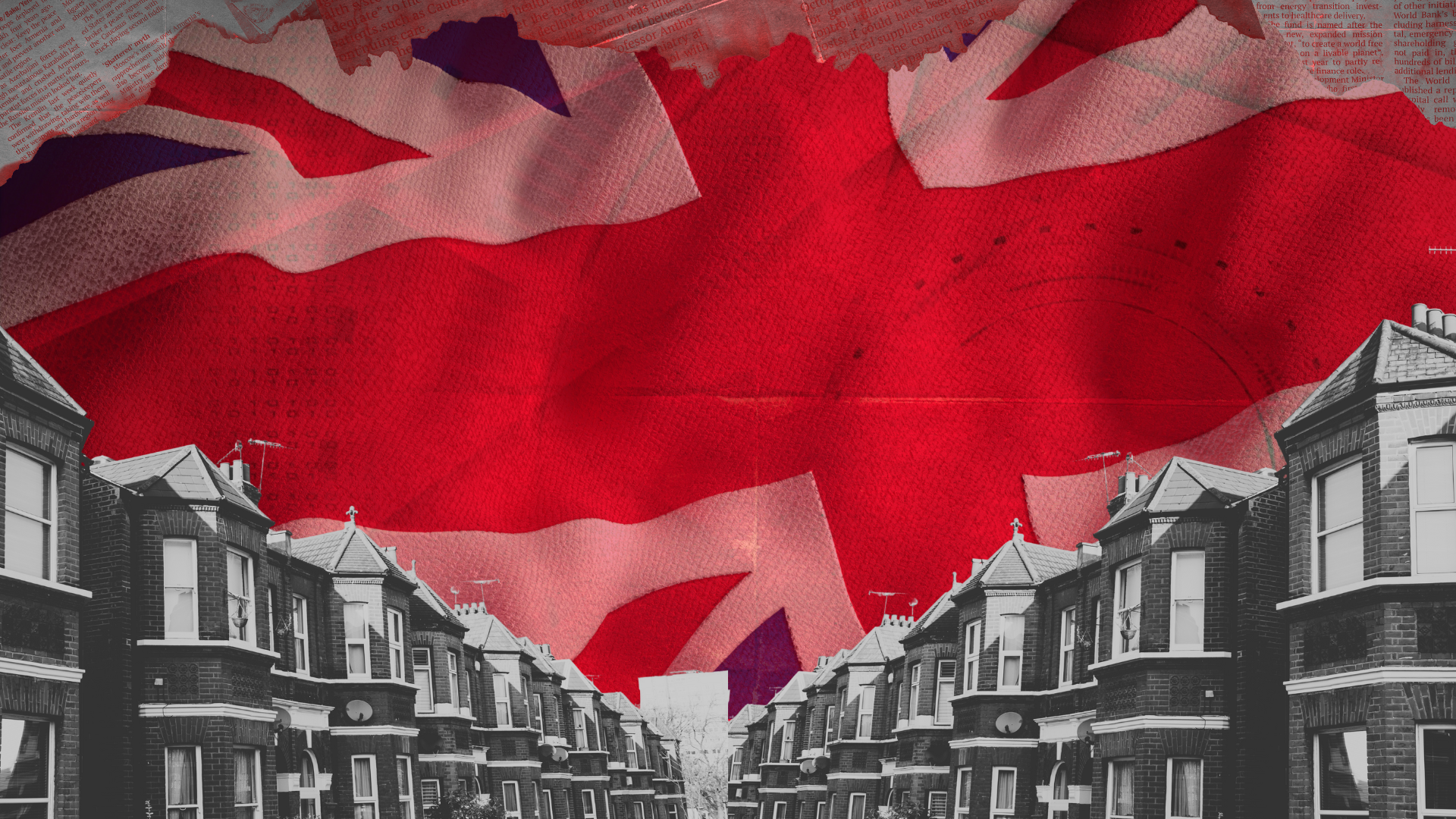A Nation Without a Written Bill of Rights
Most democracies guarantee rights in writing. Britain doesn't. While countries across the world have clear, codified documents that spell out what citizens can and cannot do, we're left with centuries of scattered precedents and vague traditions. No single place to look. No clear guarantee that your freedoms won't shift with the political wind.
Rewrite Britain is here to change that. We're building a written constitution and a proper Bill of Rights for the people who actually live under its rules. Not stuffy legalese locked away in dusty libraries, but something you can read, understand, and use to protect yourself.
What Is a Bill of Rights and Why Does It Matter
A Bill of Rights is basically a formal document that lists out what the government can't take away from you. It sets boundaries. It tells those in power exactly where their reach ends and your freedom begins. Think of it as the rulebook for democracy, the part that stops authority from creeping too far into your life.
When rights are written down, they become legally enforceable. Courts can point to them. Citizens can invoke them. Without one, everything is up for interpretation, and interpretation tends to favor whoever holds the gavel. Most Bills of Rights protect things like freedom of speech, the right to protest, privacy from intrusive searches, equality before the law, and fair treatment in the justice system. Basic stuff, really. Yet Britain has never properly committed these protections to paper.
Global Benchmarks: How Other Democracies Protect Their Citizens
The United States wrote its Bill of Rights in 1791. The first ten amendments to the Constitution cover everything from free speech and press freedom to protection against unreasonable searches and the right to a fair trial. It's taught in schools, cited in courtrooms, and burned into the national consciousness.
South Africa went even further. After apartheid ended, the country built one of the most progressive Bills of Rights in the world. It doesn't just protect traditional freedoms but also guarantees dignity, socioeconomic rights, and protections for marginalized communities. It's a blueprint for equality that Britain still hasn't matched.
The European Union has its Charter of Fundamental Rights, covering digital privacy, workers' protections, and social freedoms that reflect modern life. Meanwhile, Australia doesn't have a formal Bill of Rights either, but there's a growing reform movement pushing for one. Sound familiar? They're facing the same questions we are. The difference is, they're asking them loudly.
What all these examples share is clarity. Citizens know their rights. Governments know their limits. Britain? We're still guessing.
Rewrite Britain's Proposed Bill of Rights: What's Inside
We've drafted a Bill of Rights that puts people first. It covers the protections that matter in everyday life, not just theoretical courtroom debates. The right to protest without fear of disproportionate crackdown. The right to privacy, both offline and online. The right to fair pay for your work. The right to bodily autonomy, including reproductive choices and end of life decisions. The presumption of innocence until proven guilty. Protection from doxxing, false accusations, and trial by social media.
This isn't written in impenetrable legal jargon. It's meant to be accessible. You shouldn't need a law degree to understand what rights you have. The Bill is also designed to evolve. We're not claiming to have all the answers. Public input matters, and the document will grow and adapt as more voices join the conversation.
Read the full Bill of Rights here: https://rewritebritain.org/pages/bill-of-rights
What Makes Rewrite Britain's Bill Different
Most Bills of Rights are written by lawyers and politicians, then handed down to the public. Ours is being written with citizens at the table. We're not interested in creating another untouchable legal monument. This is about everyday protections for everyday people.
The Bill includes modern rights that older documents never anticipated. Digital privacy. Gender safety. Protections against algorithmic discrimination. End of life autonomy. These aren't fringe concerns. They're the realities of living in 2025, and they deserve to be enshrined just as firmly as freedom of speech or the right to a fair trial. We're also building something that can be taught in schools, shared in communities, and understood without a legal translator. Rights shouldn't be a mystery.
Why Public Input Matters
The Constitution Scroll and Bill of Rights aren't finished. They're living documents, shaped by the people they're supposed to protect. That means your voice actually matters here. Read through what we've drafted, spot the gaps, challenge the language, suggest new protections. This is a collaborative rewrite of the system, not a top down decree.
Too often, constitutional reform feels like something that happens behind closed doors. We're doing the opposite. Every citizen has a stake in this, and every perspective helps us get closer to something that truly serves everyone.
Explore the Constitution Scroll and add your voice: https://rewritebritain.org/pages/constitution-scroll
Time to Write the Rights
Britain has functioned without a written Bill of Rights for centuries, but functioning isn't the same as thriving. We deserve clarity. We deserve protections that don't shift with political convenience. We deserve to know exactly where our freedoms begin and end, and we deserve a government that respects those boundaries.
Rewrite Britain's Bill of Rights is bold, inclusive, and built for the future. It's not perfect yet, but it's a start. A serious attempt to give this country what nearly every other democracy already has. Read the Scroll. Join the conversation. Help us rewrite the system and protect the rights that matter.
Dive into the full vision and get involved: https://rewritebritain.org/pages/central-manifesto


